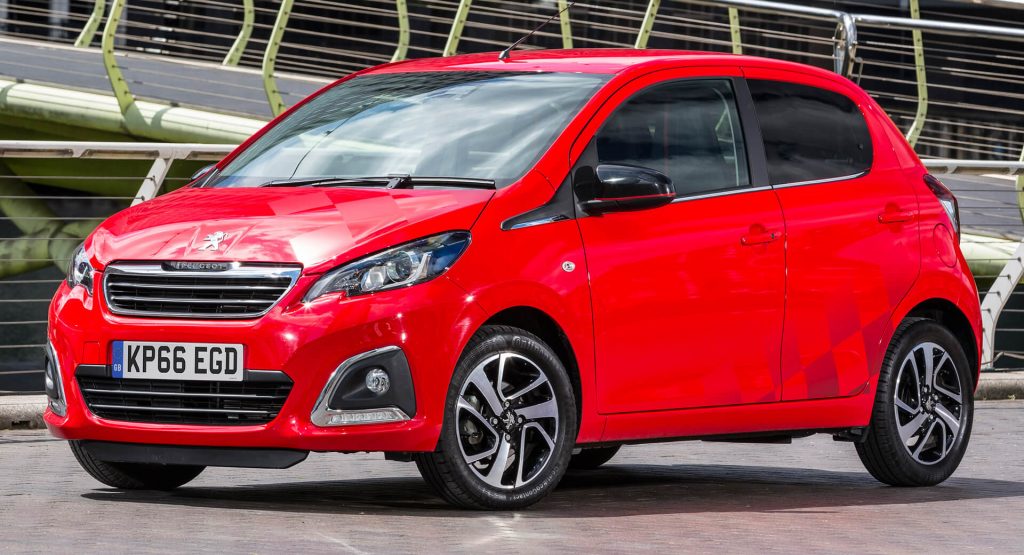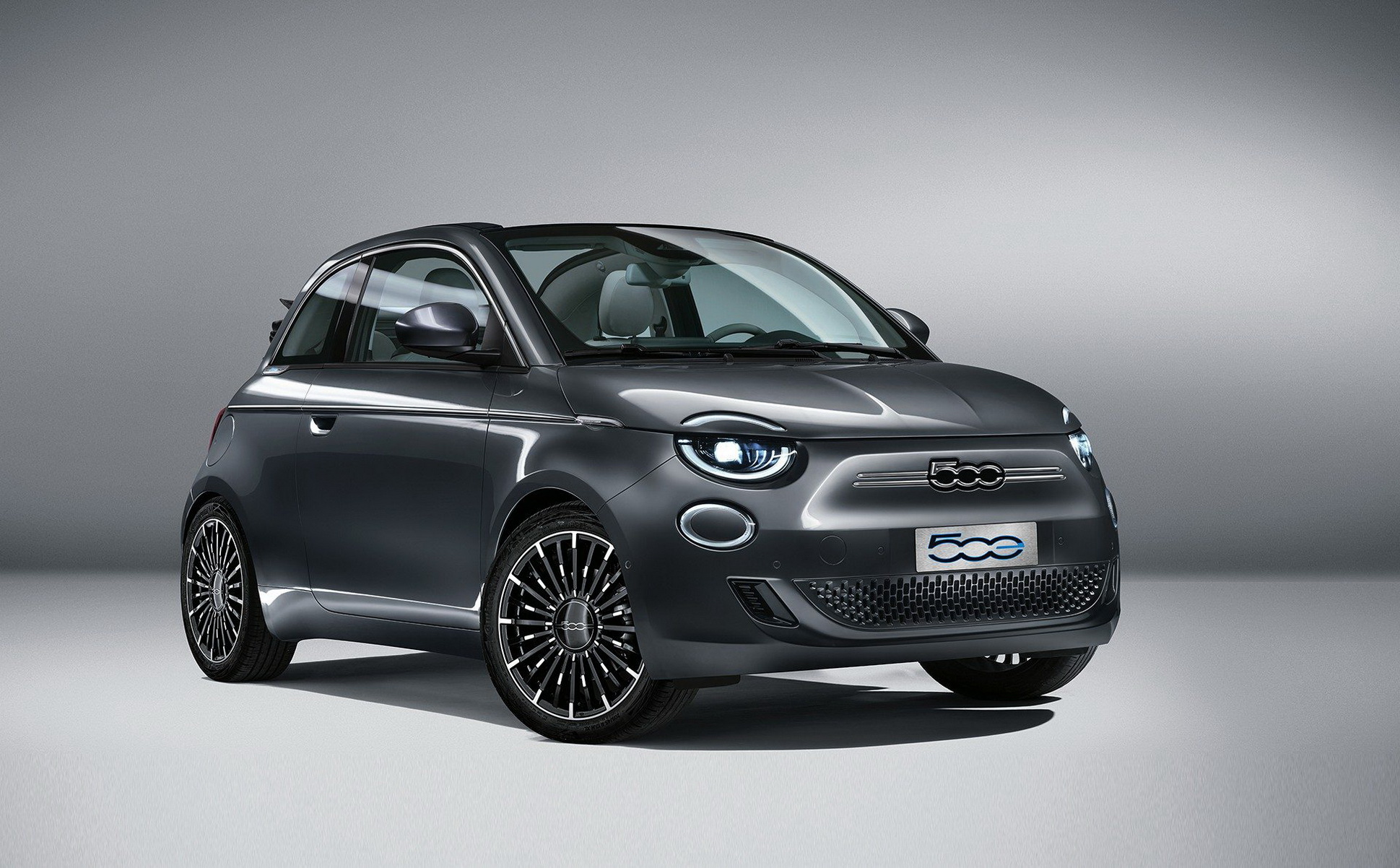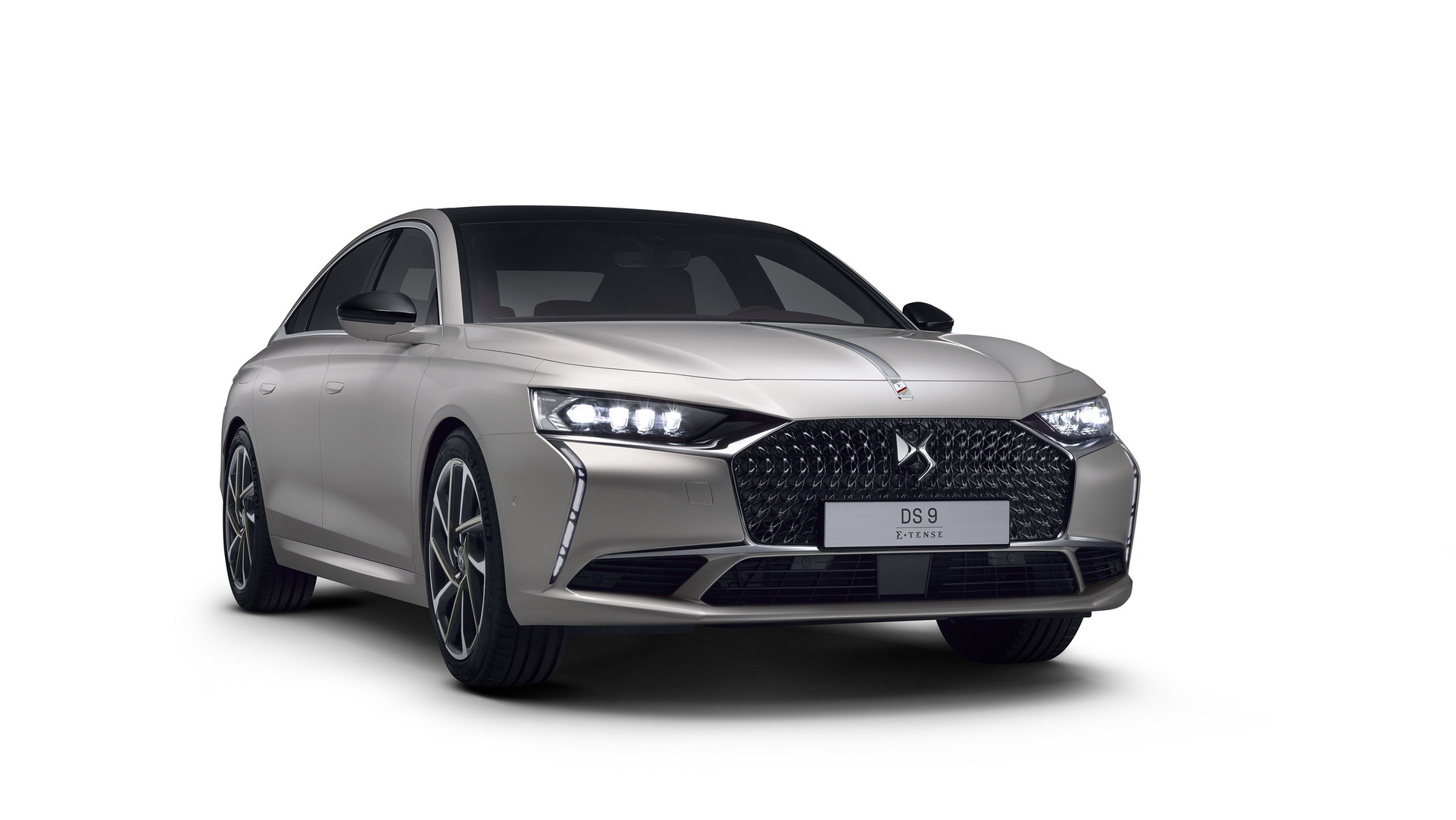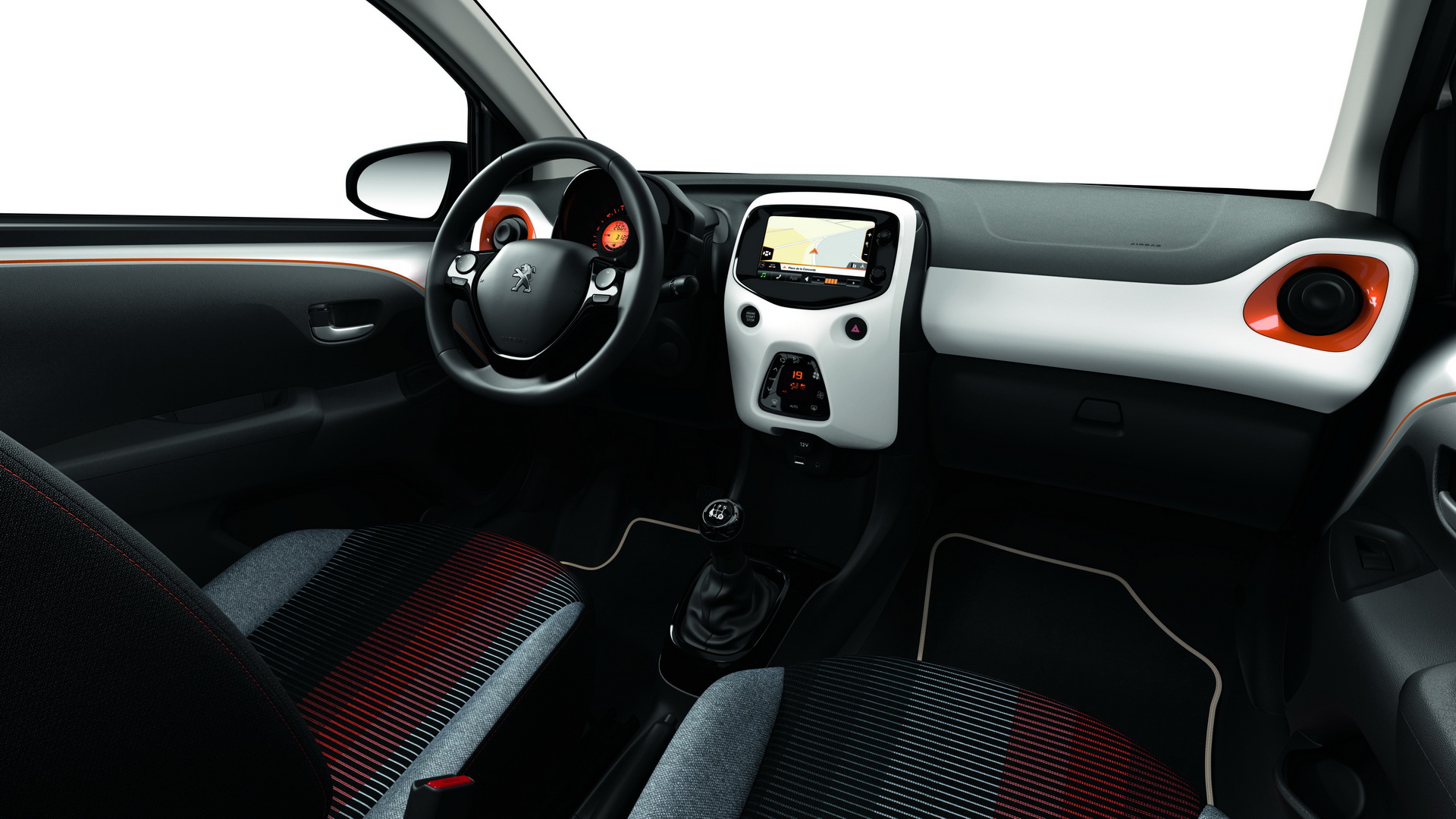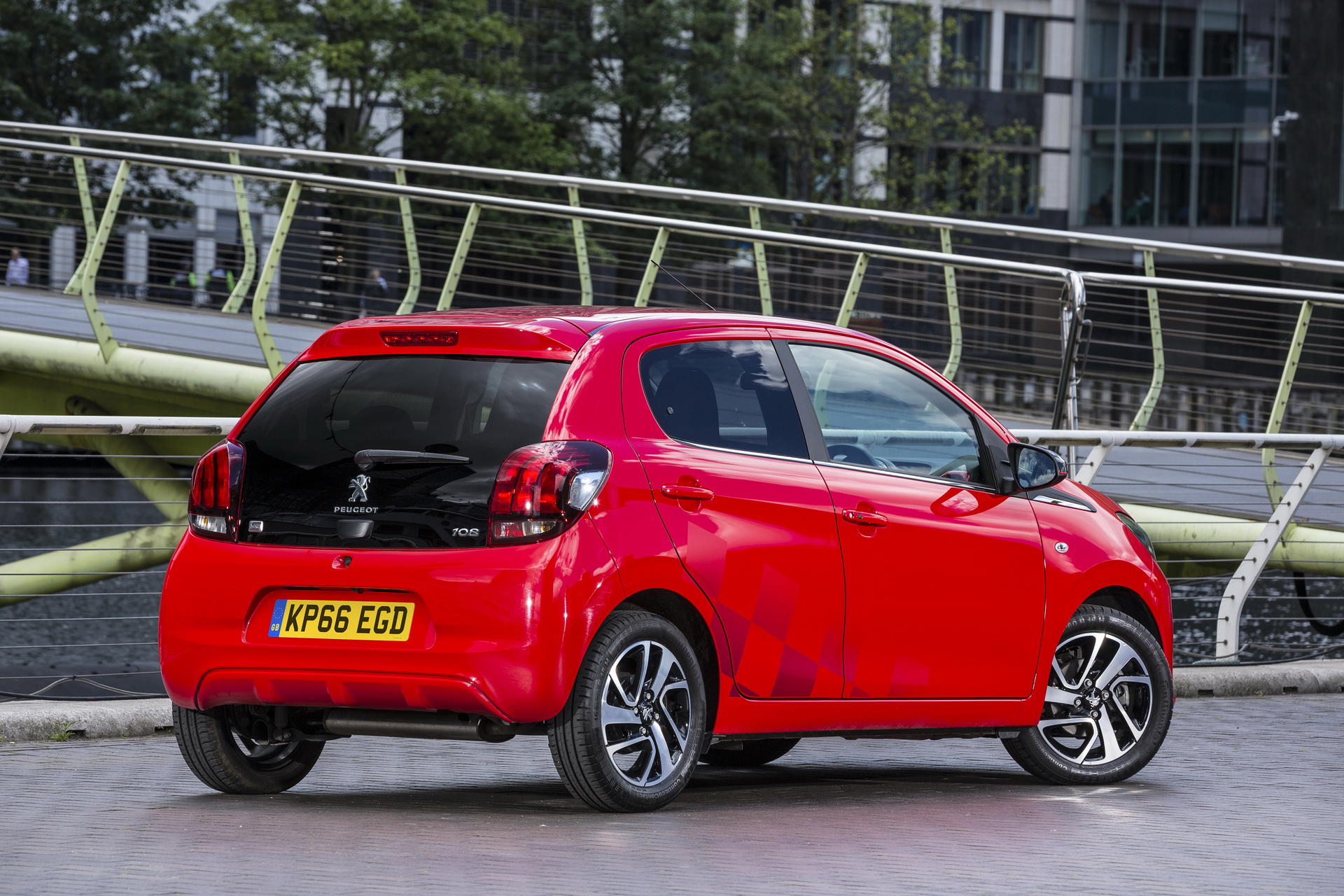While some automakers are phasing out their city cars, Peugeot will keep the 108 in production as long as there is viable demand for it.
The tiny hatchback will thus live on, Peugeot boss Jean-Philippe Imparato told AutoExpress, confirming that the decision was taken earlier this year.
“We decided some weeks ago that we will maintain the 108 in our lineup. Why? Because this car has reasonable success and because it’s important – in the UK, we are selling around 6,000 cars a year”, he said. “However, I don’t want to lose money on any car in my lineup and I’m trying to protect the residual value of my cars at Peugeot. So, we will maintain the 108 until the customer tells us ‘No guys, we don’t want it anymore’.”
Video: Review Says Peugeot 108 is a Competent but Not Class Leading City Car
The recently unveiled Fiat 500 Electric could be of significant importance for the Peugeot brand, as it could share the platform and powertrain with the next generation 108. An official decision is still pending, until the FCA-PSA merger will be complete, but it remains a viable possibility. Imparato confirmed that he will be “happy to discuss” it after the two companies will seal the deal, yet in the meantime, “it is forbidden to study anything during the merger”.
Unveiled earlier this week, the new Fiat 500 features a 42 kWh lithium-ion battery pack that feeds the 118 PS (117 HP / 87 kW) electric motor. The car can travel 320 km (199 miles) in the WLTP cycle and does the 0-100 km/h (0-62 mph) in 9 seconds, going up to a top speed of 150 km/h (93 mph). Using a 7.4 kW wallbox will recharge the battery in roughly six hours, or up to 80 percent in 35 minutes at an 85 kW charger.
The 108 entered production in 2014, sharing the oily bits with the Citroen C1 and Toyota Aygo. It’s offered in two body styles, 3- and 5-door hatchback, with a couple of petrol engines and front-wheel drive. Like its siblings, the car is put together in the Czech Republic.
We could see a larger model than the 508 too
On a related note, Imparato also hinted at a larger vehicle that would slot above the 508 family model that is based around the largest version of PSA’s EMP2 platform architecture. Such a model, which would be more upmarket, could make use of FCA tech if the deal goes through by 2021. What that model could be is anyone’s guess. Peugeot could theoretically try its hand again at the traditional executive sedan segment, but we highly doubt there’s any incentive to go after established players like the BMW 5-Series and Mercedes-Benz E-Class.



